Rate
What is a Rate?
A rate is the amount of money charged by a freelancer for their services, typically calculated per hour, per word, or per project. Rates vary based on factors such as the freelancer's experience, expertise, the complexity of the work, and the industry standards. Setting and negotiating rates is an essential aspect of freelancing, ensuring that both the freelancer and the client agree on fair compensation for the services provided.
Why is a Rate Important?
A rate is important because it determines the freelancer's income and reflects the value of their work. Setting the right rate ensures that freelancers are compensated fairly for their skills, time, and effort. It also helps clients understand the cost of services and budget accordingly.
Negotiating rates is crucial for establishing a mutually beneficial working relationship between freelancers and clients. Transparent and fair rates build trust, prevent misunderstandings, and ensure that both parties are satisfied with the terms of the agreement. Rates also impact the freelancer's ability to attract and retain clients, making it essential to strike a balance between competitiveness and fair compensation.
Best Practices for Setting and Negotiating Rates
1. Research Industry Standards
Research industry standards and benchmarks for rates in your field and location. Understanding what others charge helps you set competitive and realistic rates. Use resources like industry surveys, forums, and networking groups to gather insights.
2. Consider Your Experience and Expertise
Take into account your experience, expertise, and unique skills when setting your rates. More experienced and specialized freelancers can charge higher rates. Reflect on your track record, portfolio, and the value you bring to clients.
3. Determine Your Cost of Living and Expenses
Calculate your cost of living, business expenses, and desired income to determine a baseline rate. Ensure that your rates cover your financial needs and allow for a sustainable freelance career. Factor in taxes, insurance, and other overhead costs.
4. Offer Different Pricing Models
Offer various pricing models, such as hourly rates, per-word rates, or fixed project rates, to accommodate different client preferences. Flexible pricing options can attract a wider range of clients and projects. Clearly outline the terms and conditions for each model.
5. Communicate Value to Clients
Clearly communicate the value and benefits of your services to clients. Highlight your expertise, past successes, and the impact of your work. Demonstrating value justifies your rates and builds client confidence in your services.
6. Be Transparent and Upfront
Be transparent and upfront about your rates and any additional costs. Provide detailed quotes and explain the scope of work covered by your rates. Transparency prevents misunderstandings and ensures that clients know what to expect.
7. Negotiate Professionally
Approach rate negotiations professionally and confidently. Be prepared to explain and justify your rates based on your research, experience, and the value you provide. Listen to the client's budget constraints and find a mutually agreeable solution.
8. Offer Packages and Discounts
Consider offering packages or discounts for long-term projects, retainer agreements, or bulk work. Bundling services can provide value to clients and secure ongoing work. Clearly outline the terms and conditions for any discounts or packages.
9. Review and Adjust Rates Periodically
Regularly review and adjust your rates based on changes in your experience, demand for your services, and industry trends. Incremental rate adjustments ensure that your compensation remains fair and competitive. Communicate any rate changes to clients in advance.
10. Use Contracts
Use formal contracts to outline the agreed-upon rates, payment terms, and scope of work. Contracts provide legal protection and clarity for both parties. Ensure that both you and the client sign the contract before starting the project.
By following these best practices, you can set and negotiate rates effectively, ensuring fair compensation, building strong client relationships, and supporting your freelance career growth.
For more terms, return to the content marketing glossary and freelance writing glossary.

